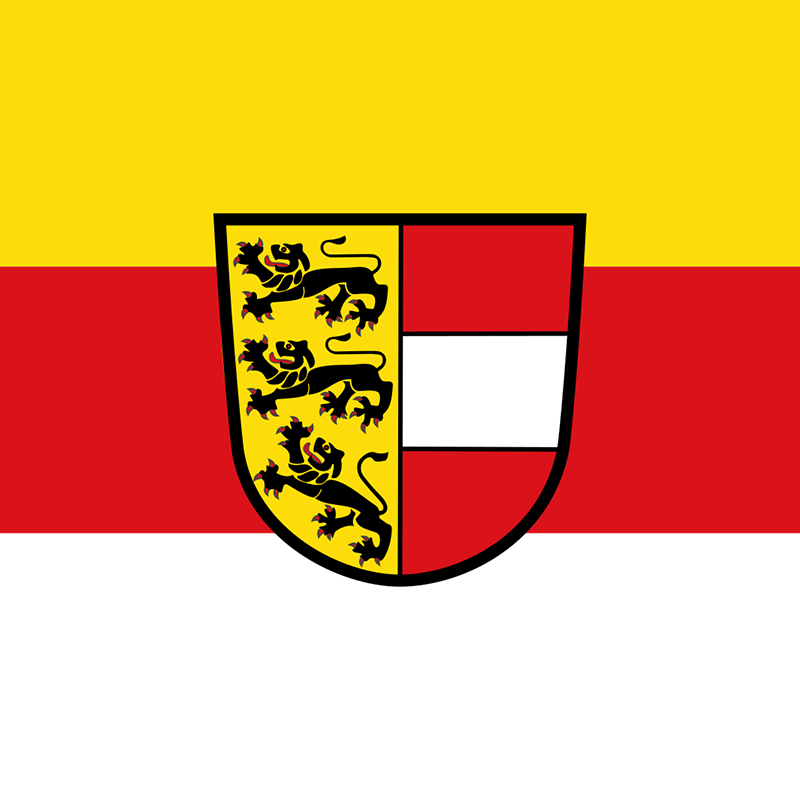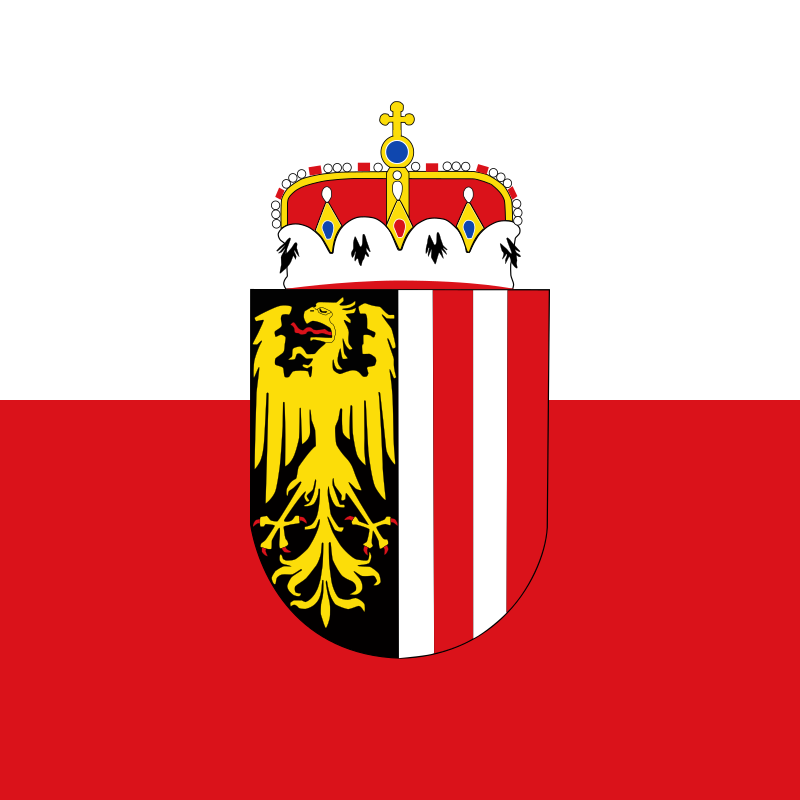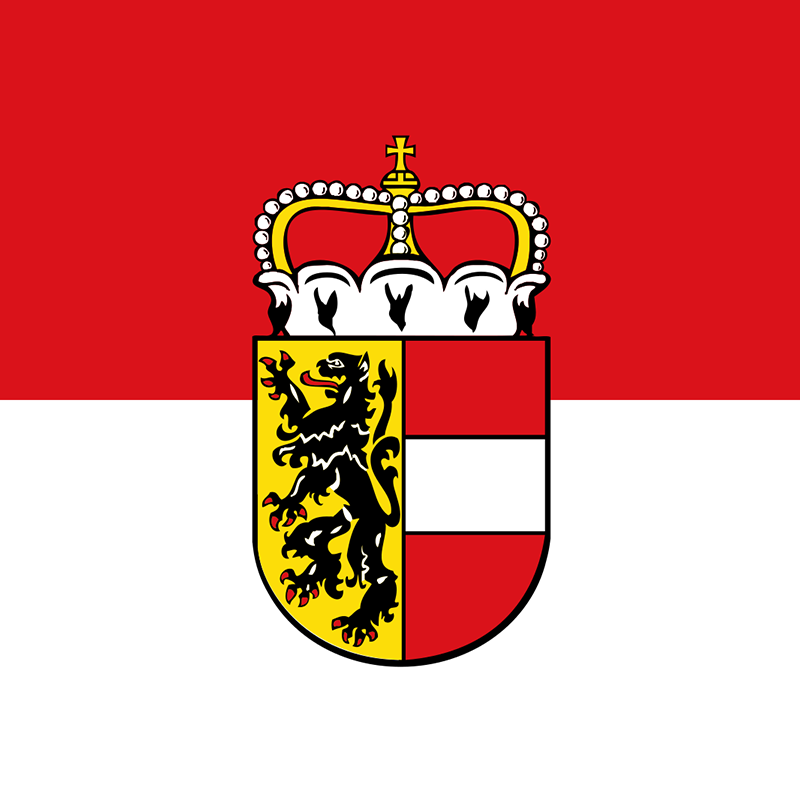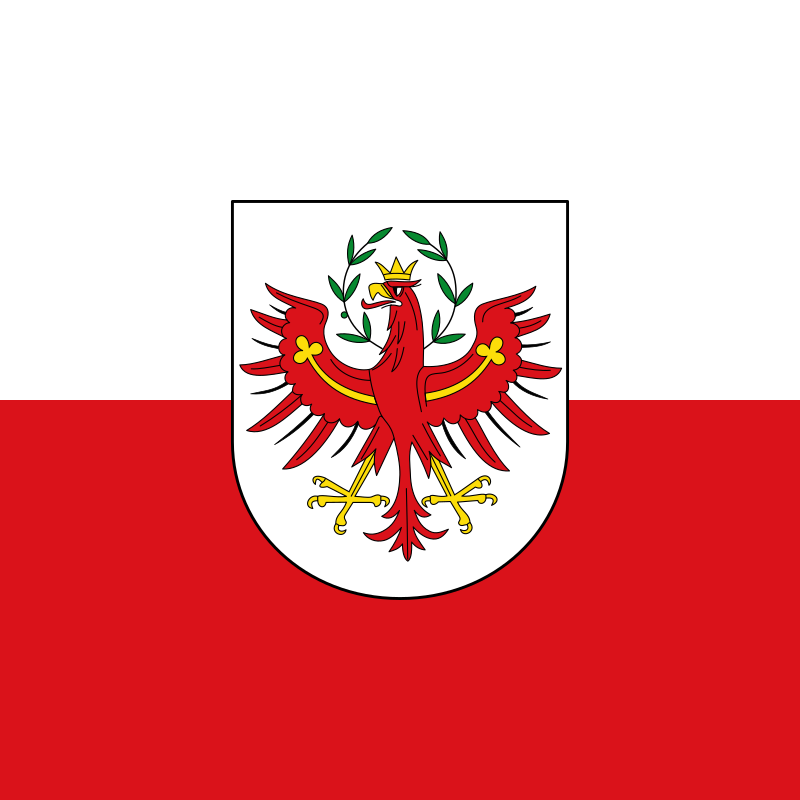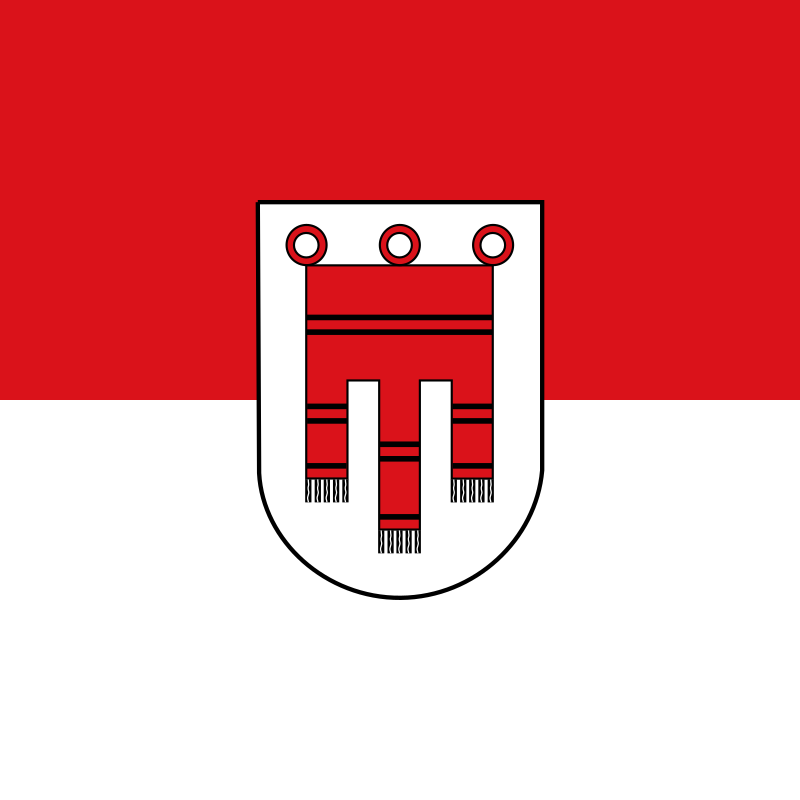It is important to use a precise definition of the term "disability".
A disability is
- the effect of a non-temporary physical, mental or psychological functional impairment or impairment of sensory functions,
- which is expected to last longer than 6 months and
- is likely to make participation in society more difficult.
You can find a more precise definition of "disability", references to various relevant laws and information on key topics for people with disabilities such as education, work, equality and ID cards at the following link:
People with disabilities are sometimes unable to exercise their rights because they often encounter challenges in everyday life. These can be prejudices, information and communication barriers as well as physical barriers such as steps. For this reason, the environment must be as accessible as possible and there must be sufficient and appropriate provisions for people with disabilities. This is the only way to meet their needs in a professional context and in everyday life.
Note: Austrian constitutional law, disability equality law and the UN Convention on the Rights of Persons with Disabilities guarantee children with disabilities in particular a right to non-discrimination, equal opportunities and inclusion.
Under the following link you will find information on the UN Convention on the Rights of Persons with Disabilities:
Below you will find links to associations that campaign for the rights and better living conditions of people with disabilities:
In the following brochure you will find answers to many questions you may have about the life and future of your child with a disability:


